Social-Emotional Learning and Self-Advocacy for Students with Disabilities
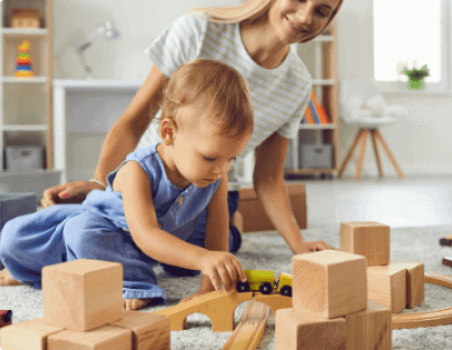
This study seeks to understand how teachers’ knowledge of socio-emotional learning translates to students with disabilities’ empowerment and participation in school, and how the COVID-19 pandemic has affected it. Using SEL To Build Students Up A school-wide approach to social-emotional learning (SEL) is beneficial to improve outcomes for all students. Students with learning needs may […]
How has COVID-19 affected social inclusion and interaction for students with learning disabilities?
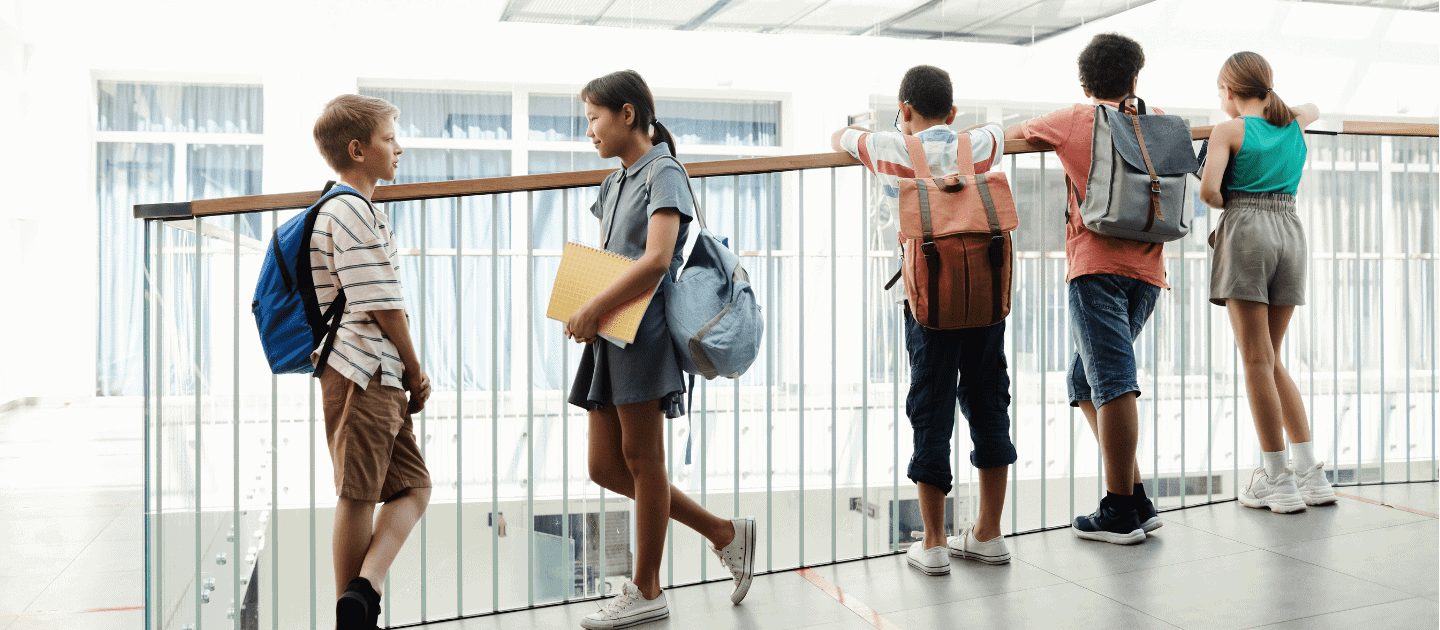
While the COVID-19 pandemic created a so-called “new normal” for social inclusion and interactions, particularly in schools where socializing is key for student progress, this study raises the question of whether new means of communication actually improved student efficacy and communication due to the altered norms of school life.
Supporting College Success for Students with Disabilities
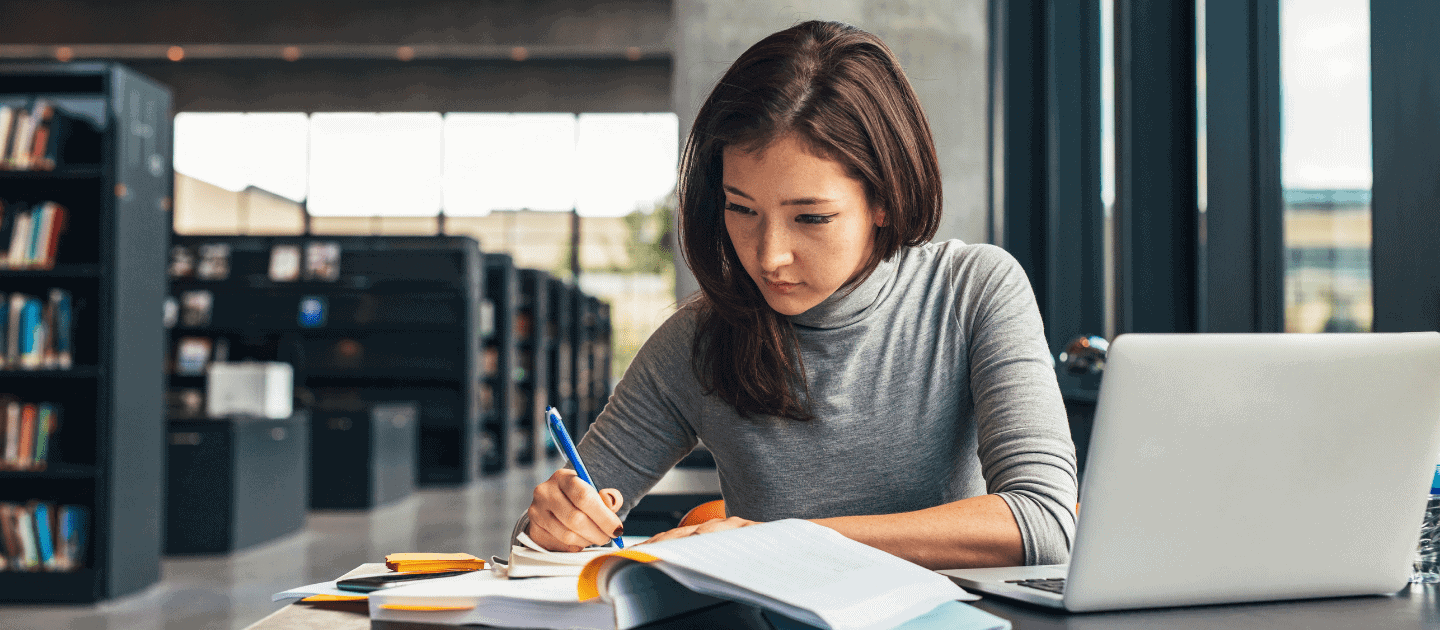
More students with disabilities (SWD) are attending college today than ever before; yet, limitations of the current research base preclude the identification of evidence-based predictors of college success for SWD. However, several studies present promising evidence to influence post-secondary outcomes through the development of student-centered skills (i.e., learning and study strategies and self-advocacy).
How inclusion through social participation paves the way for special needs students in mainstream schools.
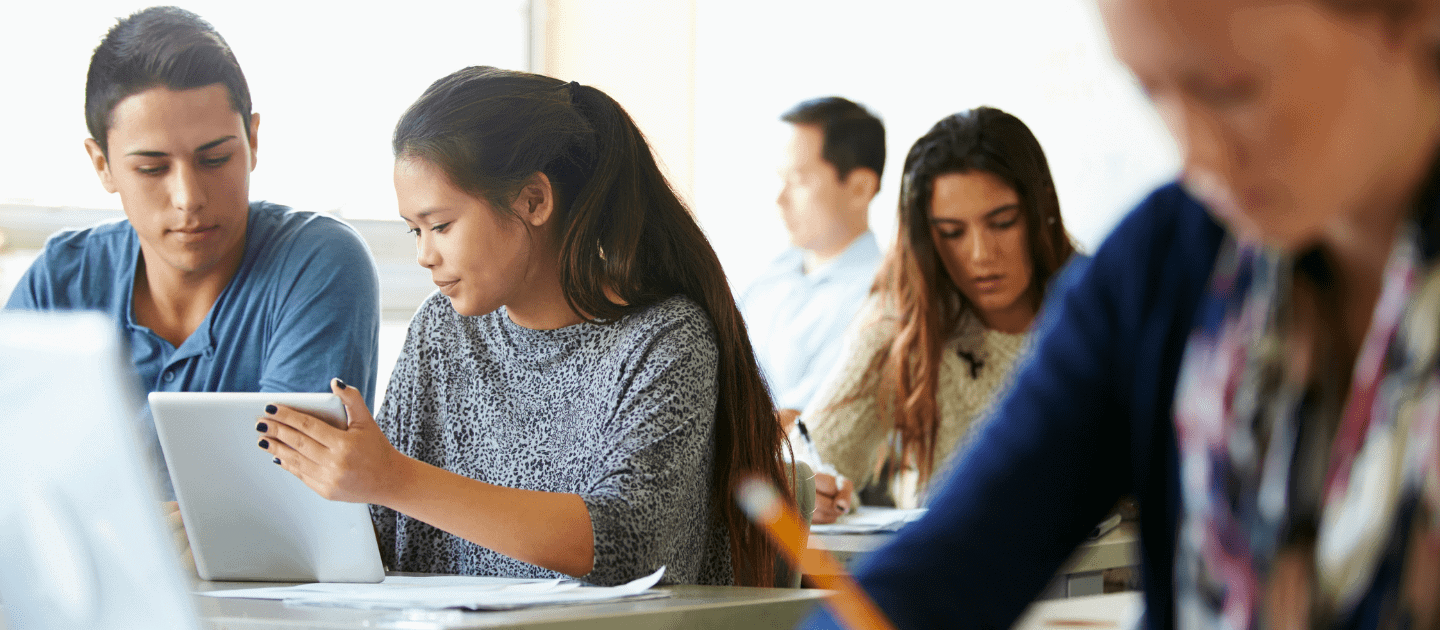
This study suggested that inclusion requires more collaborative learning environments and student-centred pedagogy.
The Use of Augmentative and Alternative Communication with Students with Multiple Disabilities
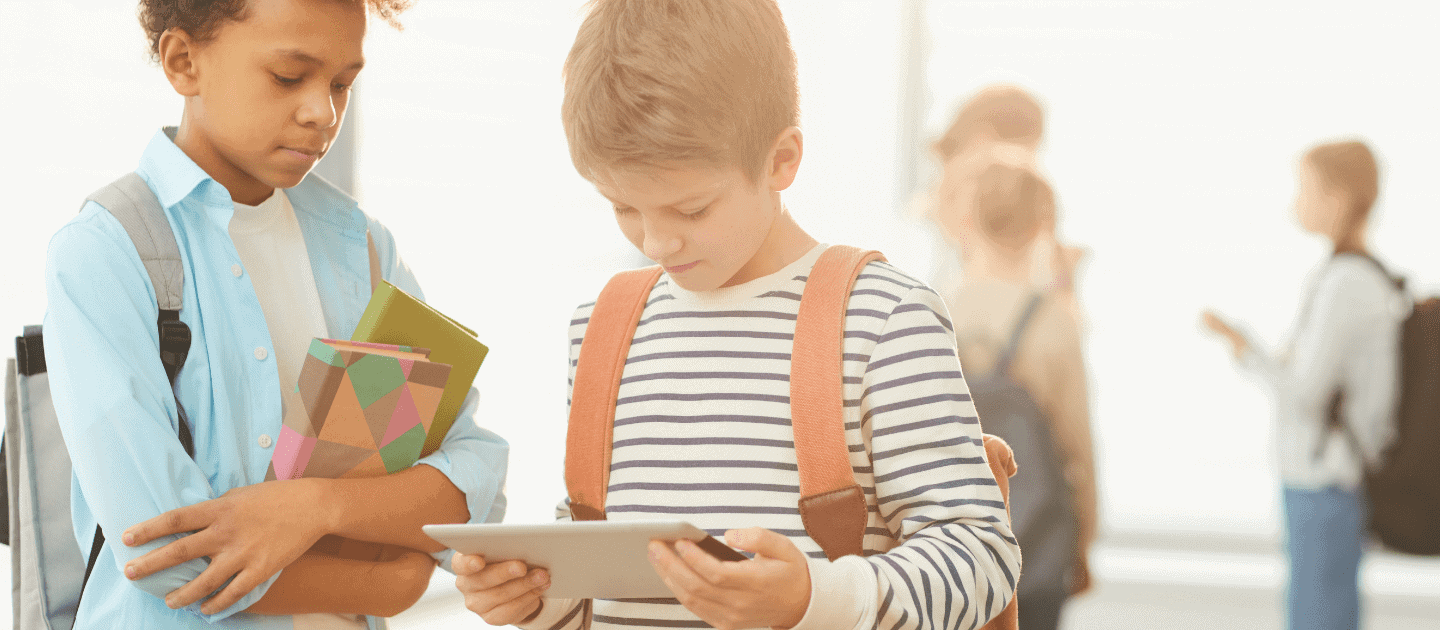
Students with multiple disabilities (SMDs) deserve the right to communicate effectively. One way to meet their needs is to implement Augmentative and Alternative Communication (AAC), an assistive technology that enhances their inclusion into general education classrooms.
Types of Goals Set by Transition-Age Students with an Intellectual Disability: An Examination
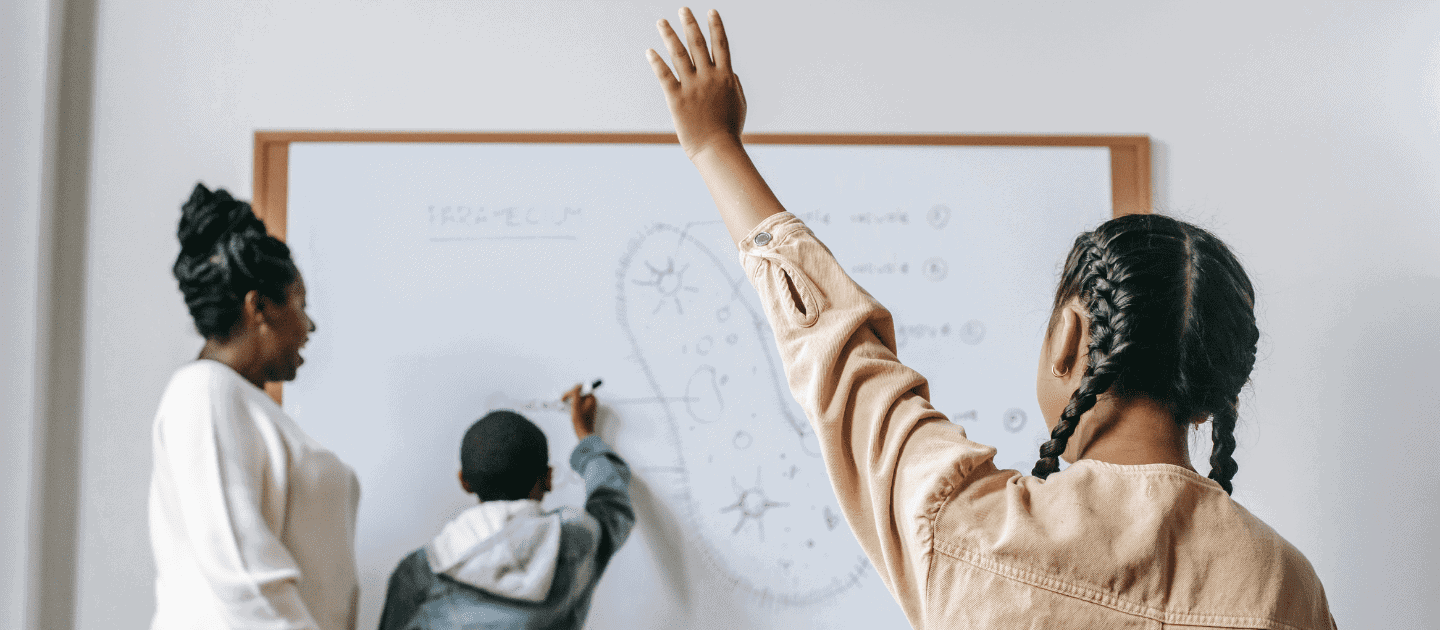
Students often set goals based on teacher expectations. In this study, the implementation of the Self-Determined Learning Model of Instruction (SDLMI) led to students setting a lack of academic or social goals and an abundance of home living goals; this may suggest lower adult expectations for students with significant support needs.
Adjusting Assessment Practices for Students with Learning Disabilities: A Multi-Dimensional Framework for Fairness
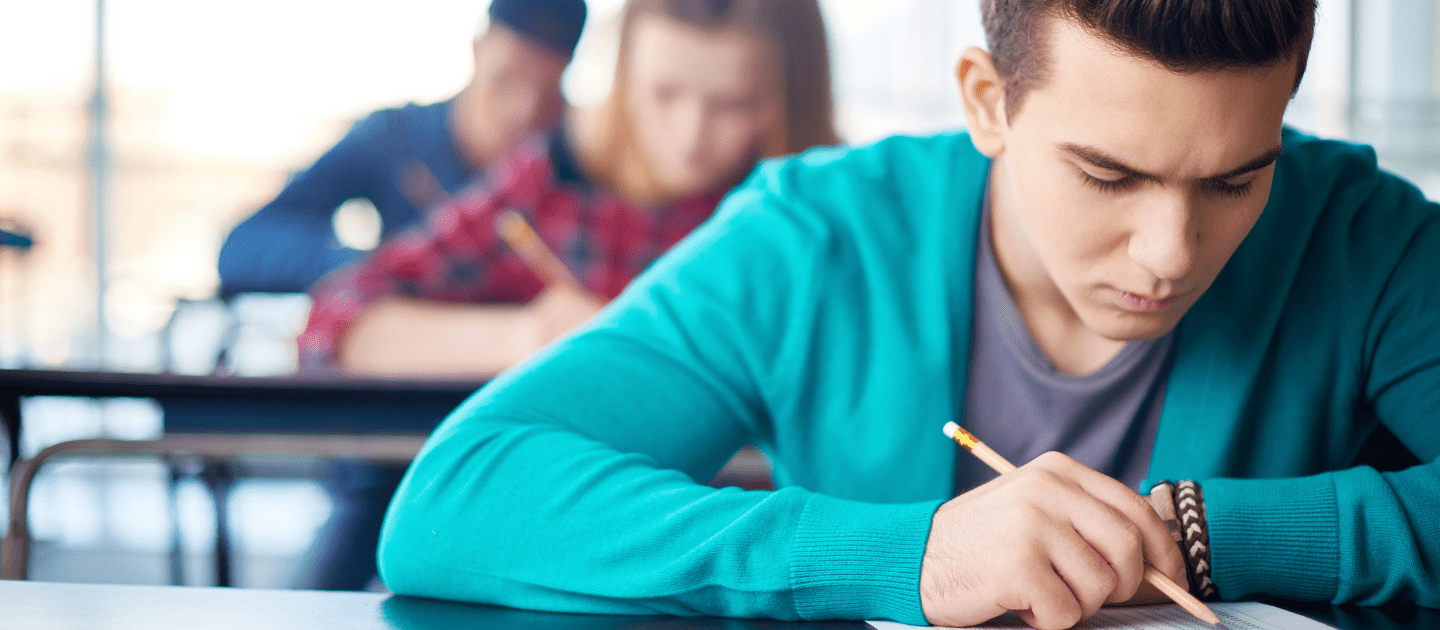
A number of factors affect the perception of key stakeholders in relation to the fairness of assessment practices for students with learning differences.
The personal and external factors needed for students with disabilities to be successful at university
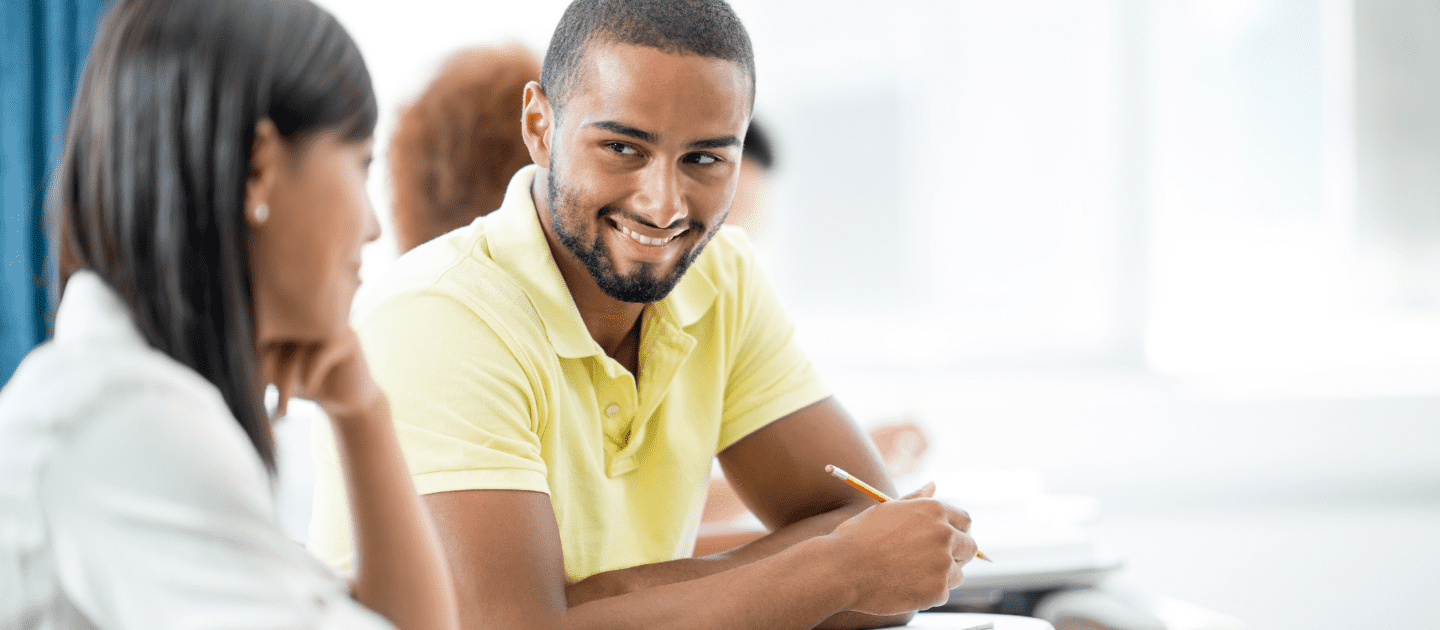
Identifying these internal and external factors can help universities ensure that they have the necessary resources in place to support students with disabilities.
Bullying in physical education of children and youth with visual impairments: A systematic review

As special educators, we must include PE teachers and paraeducators in IEP meetings and ensure they feel prepared to modify and adapt their program for learners with disabilities.
